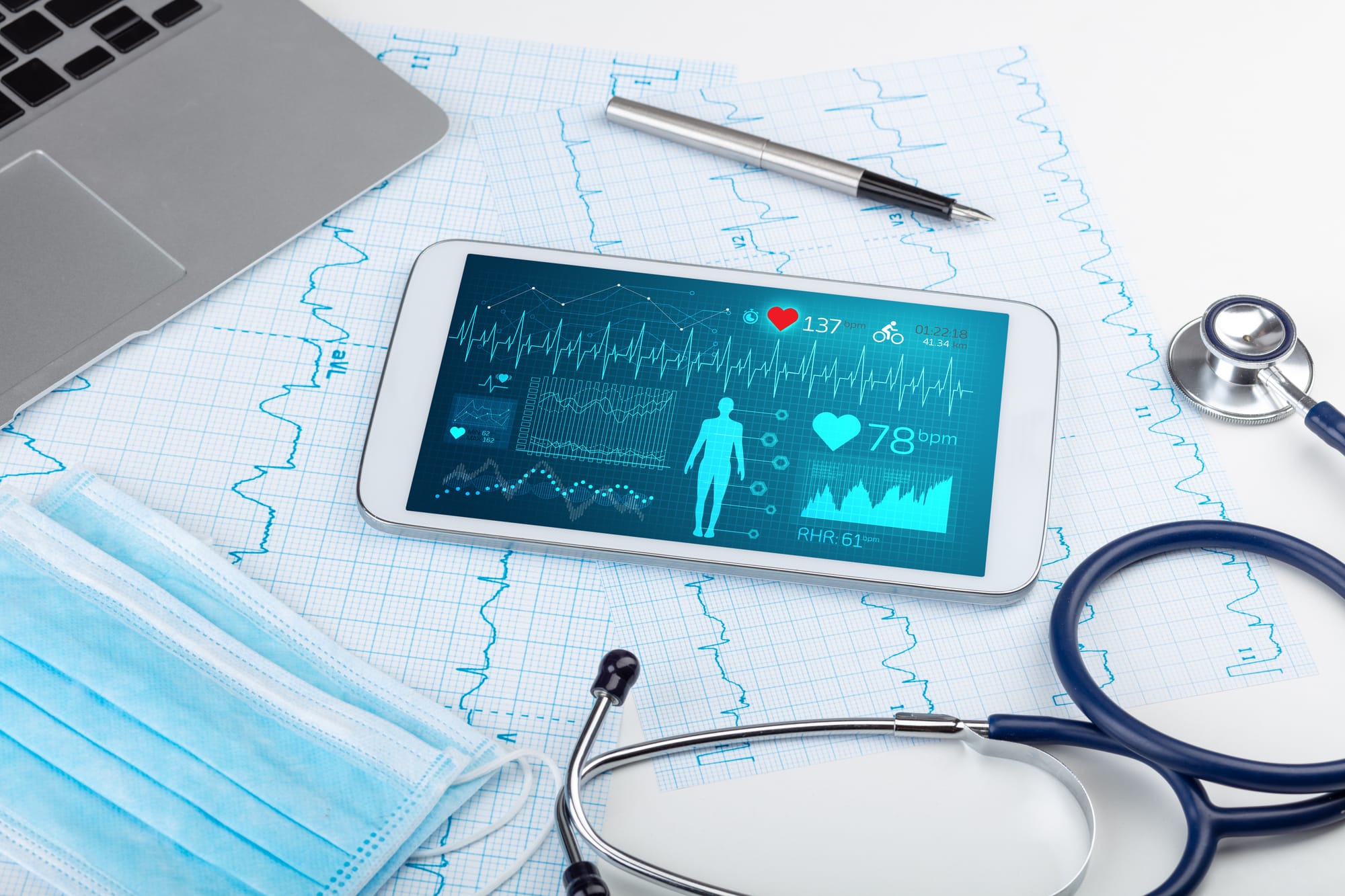The current state of AI in healthcare
AI has become an indispensable tool in healthcare, empowering medical professionals with advanced technologies and data-driven insights. Its applications encompass diverse realms, from improving diagnostic accuracy to enabling personalized treatment plans.
IBM’s Watson artificial intelligence system, designed to provide precise and speedy answers to queries, was the first of its kind. Presently, AI-driven diagnostic tools aid in interpreting medical images with unparalleled precision, expediting diagnoses and augmenting the capabilities of healthcare practitioners.
Enhanced diagnostics and personalized medicine
AI-driven diagnostic tools leveraging machine learning algorithms will continue to advance accuracy in identifying diseases at earlier stages. Personalized medicine will see a surge as AI analyzes patient data, genetics, and lifestyle factors to tailor treatments, optimizing outcomes.
Predictive analytics for disease prevention
AI’s predictive capabilities will evolve, forecasting potential health issues based on patterns in individual health data. By identifying risk factors early, healthcare providers can intervene proactively, mitigating the onset or progression of diseases.
Improved Patient Care and Experience
AI-powered chatbots and virtual assistants will enhance patient engagement, offering round-the-clock support for queries, appointment scheduling, and medication reminders. IoT devices and wearables integrated with AI will monitor health metrics in real-time, enabling continuous care and timely interventions.
Revolutionizing medical imaging
AI algorithms will refine medical imaging analysis, aiding radiologists in interpreting results faster and with higher accuracy. Enhanced imaging technologies will lead to early detection of conditions like cancer, improving treatment efficacy and survival rates.
Drug discovery and development
AI algorithms will expedite drug discovery by analyzing vast datasets, predicting molecular interactions, and identifying potential compounds for various diseases. This acceleration in drug development could lead to the faster introduction of innovative treatments to market.
Streamlining administrative tasks
Administrative burdens in healthcare will be alleviated through AI-driven automation, reducing paperwork and optimizing workflows. AI-enabled systems will handle routine tasks such as billing, scheduling, and data entry, allowing healthcare professionals to focus more on patient care.
Healthcare software development plays a pivotal role in transforming administrative tasks within the healthcare sector. Tailored healthcare software allows for seamless integration of AI into various administrative processes.
For instance, developers are creating intelligent billing systems that automate coding and billing processes, reducing errors and speeding up reimbursement cycles.
Accessible healthcare globally
AI-driven telemedicine and remote monitoring will bridge the gap in healthcare accessibility, particularly in underserved areas. Through telehealth platforms, patients worldwide can access expert consultations and medical advice, democratizing healthcare services.
Collaboration between humans and AI
The future of healthcare isn’t solely AI-dependent; rather, it’s about fostering collaboration between AI systems and healthcare professionals. Human expertise combined with AI’s analytical power will result in more informed decision-making and superior patient outcomes.
Continuous AI advancements and adaptability
The pace of AI innovation in healthcare will continue, with algorithms becoming more sophisticated and adaptable to dynamic healthcare scenarios. AI systems will evolve to learn from real-time data, ensuring continual improvement in diagnostic accuracy and treatment recommendations.
Ethical considerations and data privacy
With the growing use of AI in healthcare, ethical concerns regarding patient data privacy and algorithm biases will become more critical.Stricter regulations and guidelines will be implemented to ensure responsible AI usage, safeguarding patient confidentiality and fairness in treatment.
Conclusion
In 2024 and beyond, AI’s transformative influence on healthcare is set to be profound, reshaping how we approach diagnostics, treatment, patient care, and beyond. Embracing the potential of AI in healthcare entails addressing ethical considerations, ensuring data privacy, and fostering collaboration between technology and healthcare professionals.
As AI continues to evolve, its integration will not only revolutionize healthcare but also pave the way for a more efficient, accessible, and patient-centric healthcare ecosystem.




